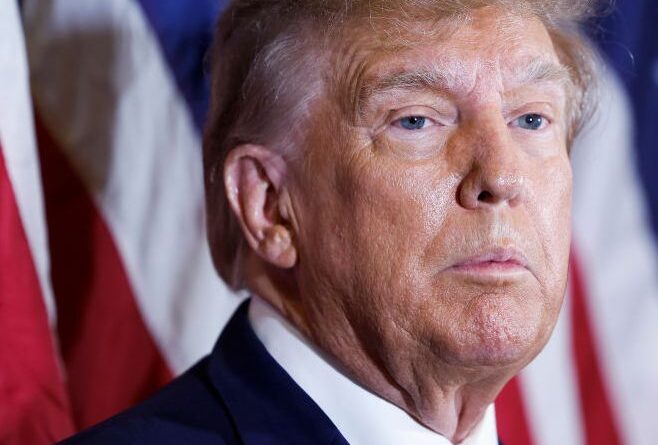Zimbabwe expected to feel the pinch as United States of America government shuts down…Visa and passport services to delay
Zimbabweans are set to feel the pinch as the United States of America Government shuts down, it has been announced.
Posting on its social media handle, the American government through its embassy in Harare said this due to the suspension of support to foreign missions.
“Due to the lapse of appropriations this Facebook account will not be updated regularly until full operations resume, with the exception of urgent safety and security information.
“At this time, scheduled passport and visa transit services in the United States and at U.S. Embassies and Consulates overseas will continue during the lapse in appropriations as the situation permits.
“We will not update this account until full operations resume, with the exception of urgent safety and security information. For more information on our services and operating status, visit travel.state.gov.,” said the Embassy.
Apparently, it is not just Zimbabwe which has been affected, the US government shut down on October 1, 2025 after budget disagreements between Republicans and Democrats.
What this means:- US embassies worldwide including Zimbabwe are affected- Visa and passport services continue but with delays.
It also means that it is a nationwide shutdown in the US and not Zimbabwe specific.
This matters for Zimbabwe because visa and passport applicants may face disruptions
• Embassy services remain limited until US Congress resolves the budget standoff
The US federal government shut down after Republican and Democratic politicians failed to resolve a budget dispute.
It means that some, but not all, US government services are temporarily suspended, and 40% of the federal workforce – about 750,000 people – are expected to be put on unpaid leave.
Although budget confrontations are common in US politics, this spending fight is especially tense because President Donald Trump has drastically reduced the size of the national government since taking office, and has suggested he may use the current impasse to make further cuts.
Why has the US government shut down?
The shutdown happened because Republicans and Democrats could not agree to pass a bill funding government services into October and beyond.
Under the US system, the different branches of government have to reach an agreement on spending plans before they can become law.
The Republicans currently control both chambers of Congress. But in the Senate – or upper chamber – they are short of the 60 votes needed to pass the spending bill, which gives opposition Democrats some negotiating power.
They want to see an extension of expiring tax credits which make health insurance cheaper for millions of Americans, and for a reversal of Trump’s cuts to Medicaid, a government healthcare programme used by millions of elderly, disabled and low-income people.
Democrats also oppose spending cuts to government health agencies.
A stopgap bill designed to avoid the shutdown was passed in the House, or lower chamber, but did not clear the Senate.
Which government services will stop, and which will carry on?
Not all aspects of government will shut down – services deemed essential will continue as normal, although in many cases staff will not be paid for the duration of the shutdown.
Border protection and law enforcement staff, Immigration and Customs Enforcement (ICE) agents, in-hospital medical care and air-traffic control workers are expected to operate as usual.
Social security and Medicare cheques will still be sent out, although benefit verification and card issuance work may stop.
Government employees deemed non-essential will be temporarily put on unpaid leave. Contractors who work for federal agencies but are not directly employed by the government will miss out on work, too.
Services like the food assistance programme and federally-funded pre-school and institutions like the Smithsonian museums will likely be reduced or closed.
Several agencies, like the Centers for Disease Control and Prevention (CDC) and the National Institutes of Health (NIH) are also expected to furlough many workers, affecting ongoing research projects.
National parks and forests remained open during the last shutdown in 2018, but with few or no staff, which experts said led to a rise in vandalism, littering and looting of historical sites.
There could also be travel delays. The Airlines for America trade body warned that flight systems might “need to slow down, reducing efficiency”. Passport agencies have also warned that it could take longer than usual to process travel documents.
Jobs, travel, national parks – what impact will the shutdown have?
18 ways the 2018 shutdown hurt
Mail will still be delivered and post offices will remain open because the US Postal Service does not depend on Congress for funding.
Most American schools are state-funded, but the federal government is responsible for billions of dollars in grants and student loans, which could effectively come to a halt.
However, because the grants are typically awarded during the summer, they will be largely unaffected during this shutdown, according to the education secretary.
Members of Congress will also still be paid, a convention that has been criticised by some politicians.
BBC




